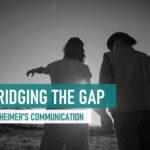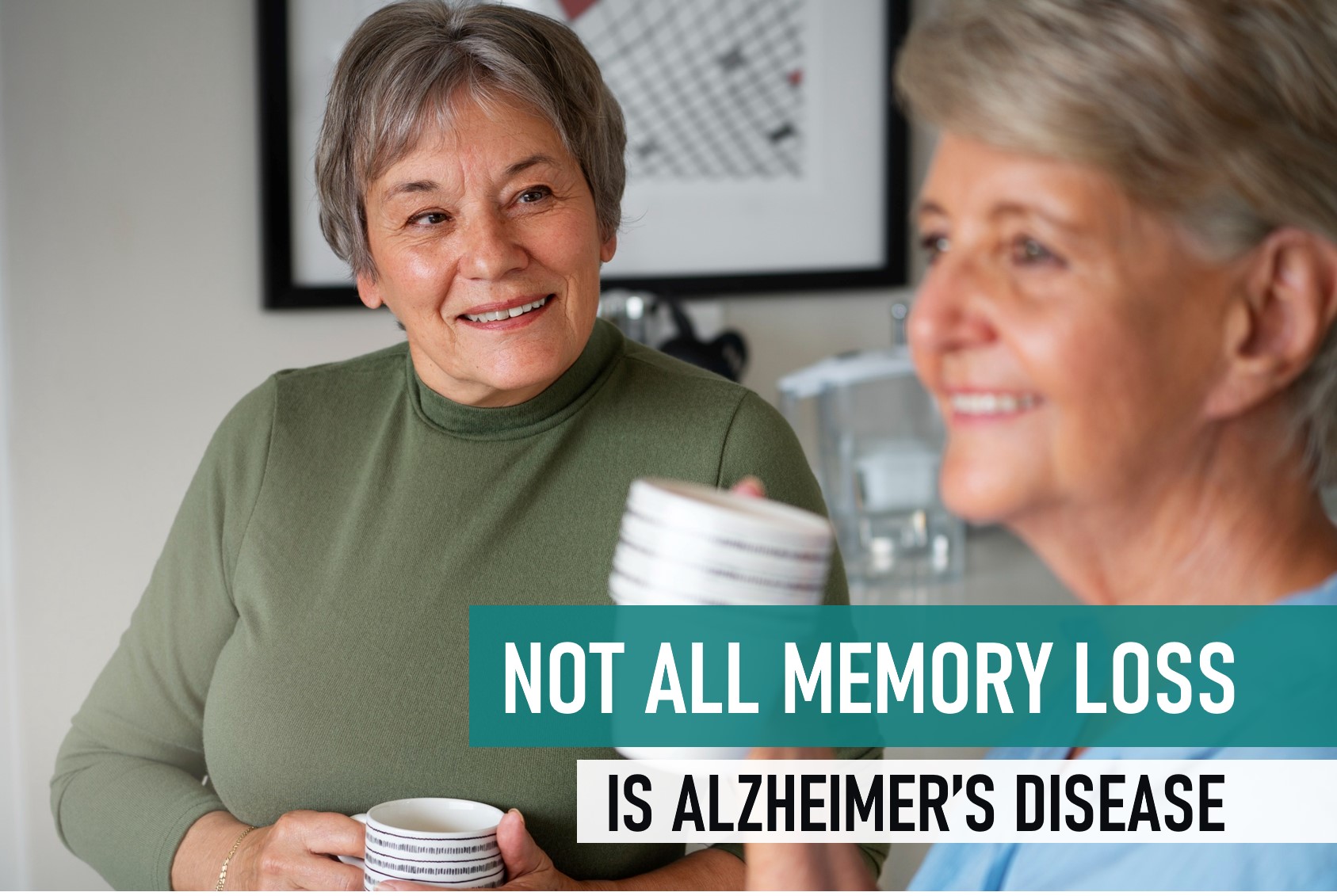Many people worry about becoming forgetful. They think forgetfulness is the first sign of Alzheimer’s disease. But not all people with memory problems have Alzheimer’s. There are other causes too for memory problems.
Other causes for memory problems can include aging, medical conditions, emotional problems, mild cognitive impairment, or another type of dementia.
Forgetfulness can be a normal part of aging
Almost 40% of us will experience some form of memory loss after we turn 65 years old. But even if we experience memory loss, chances are still unlikely that we have dementia. For the most part, our memory loss is mild enough that we can still live our day-to-day lives without interruption.
Some may notice that it takes longer to learn and understand new things, they find difficult to remember thigs as good as they did or losing thinks like their glasses. All these are the signs of age-related mild forgetfulness and not the serious problem like Alzheimer’s disease.
Compare the signs
Memory difficulties associated with normal aging and Alzheimer’s can be told apart in a number of ways. Below are some examples. This is not a diagnostic tool.
Memory loss as a part of normal aging
- You forget things and events occasionally.
- You feel trouble remembering the names of an acquaintance.
- You find difficult to remember conversation or event that took place a year ago.
- You occasionally have difficulty in finding words.
Memory loss as a sign of Alzheimer’s
- You forget things and events more frequently.
- You feel trouble remembering the names of family members.
- You find difficult to recall conversation or event that took place recently.
- You have frequent pauses and substitutions when finding words.
Certain medical conditions can cause serious memory problems
These problems should go away once a person gets treatment. Medical conditions that may cause memory problems include:
- Tumors, blood clots, or infections in the brain
- Some thyroid, kidney, or liver disorders
- Drinking too much alcohol
- Head injury, such as a concussion from a fall or accident
- Medication side effects
- Not eating enough healthy foods, or too few vitamins and minerals in a person’s body (like vitamin B12)
If you’re uncertain about your symptoms, schedule an appointment with your neurologist today.
Banner Source – www.freepik.com







